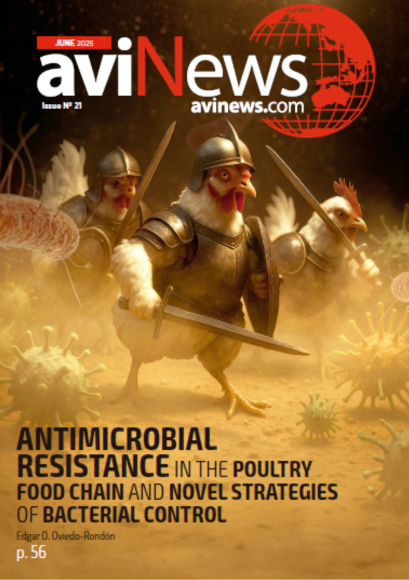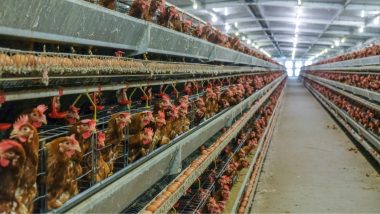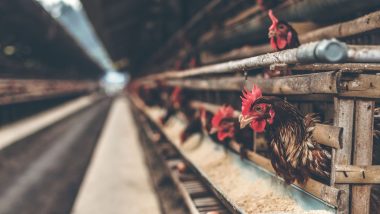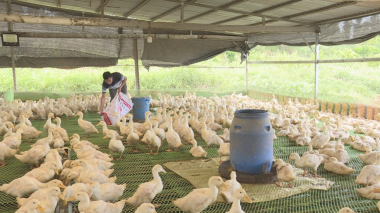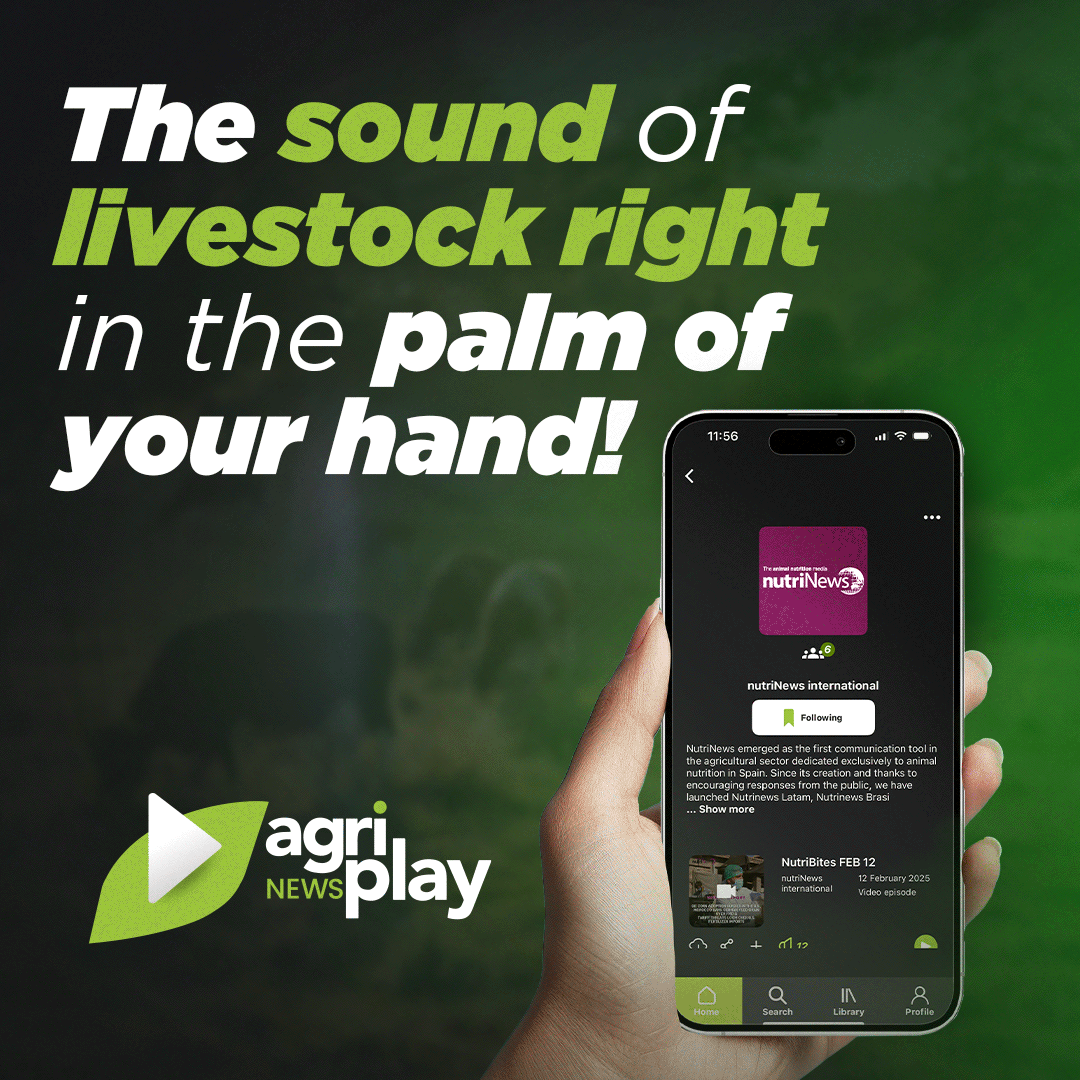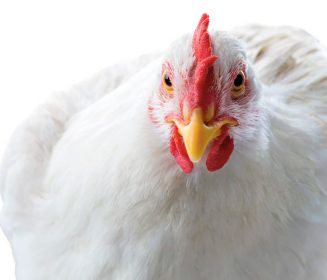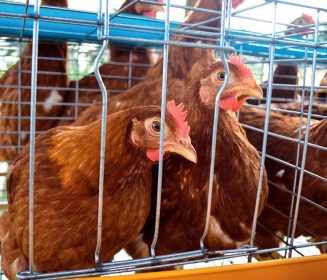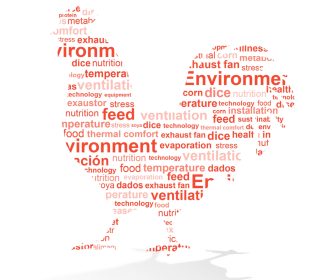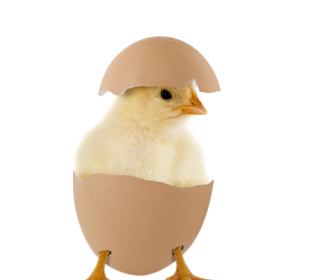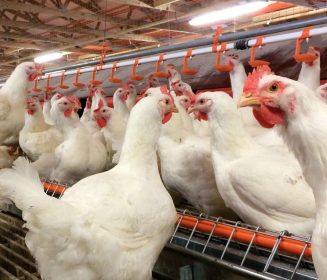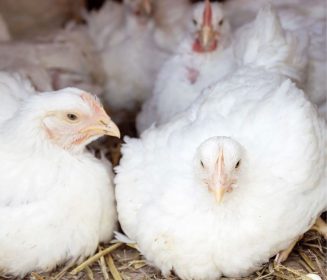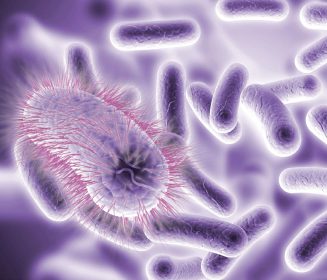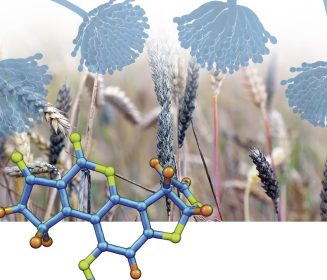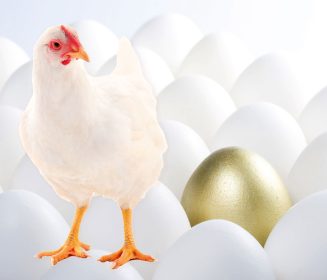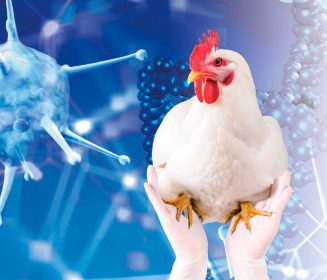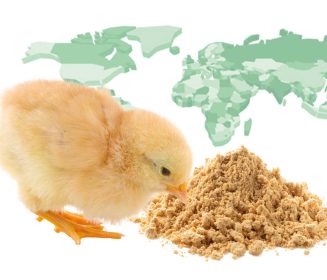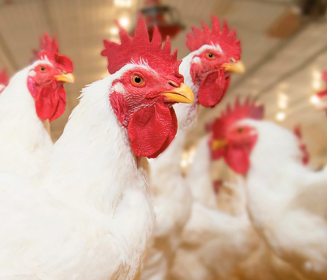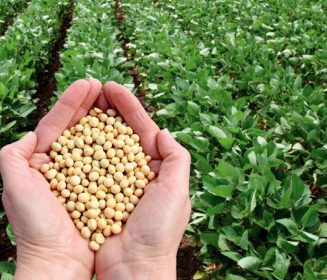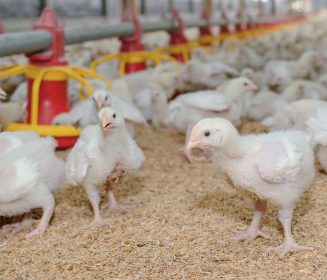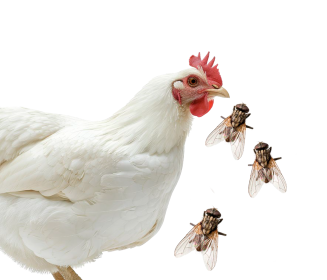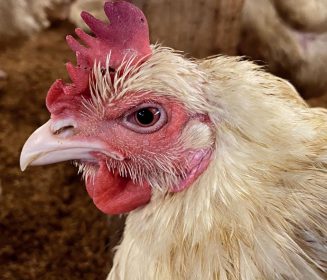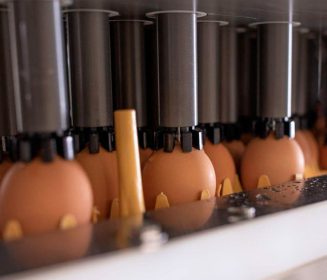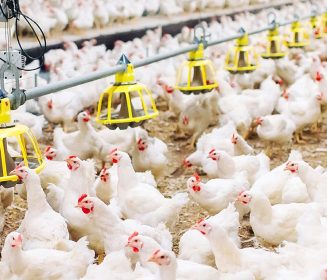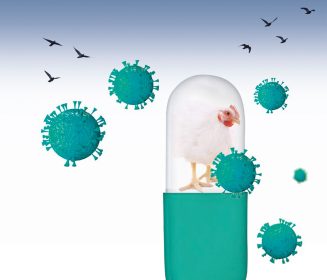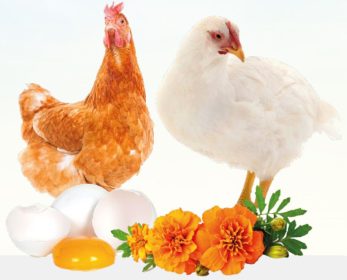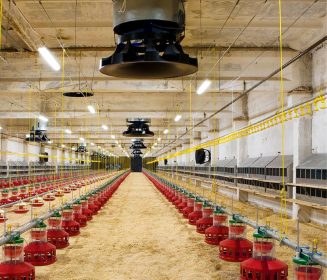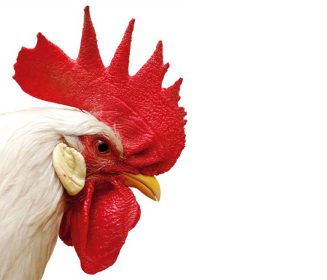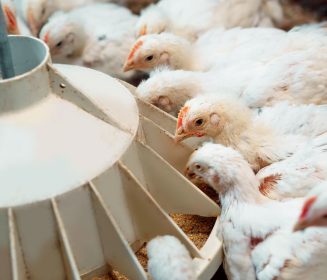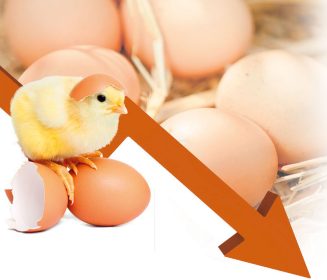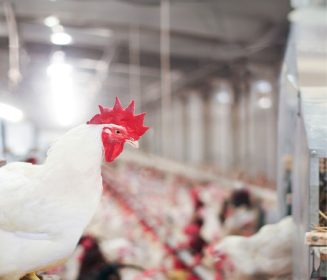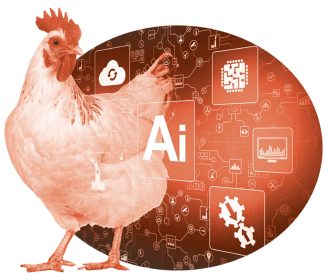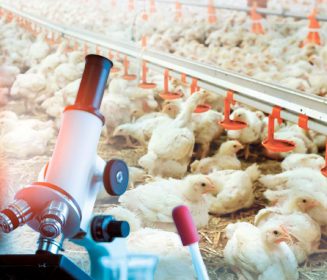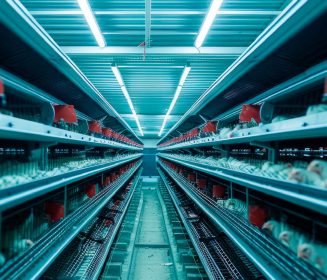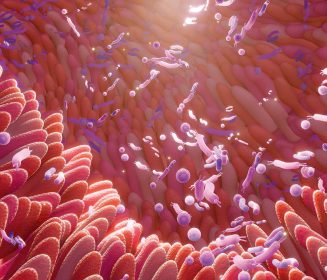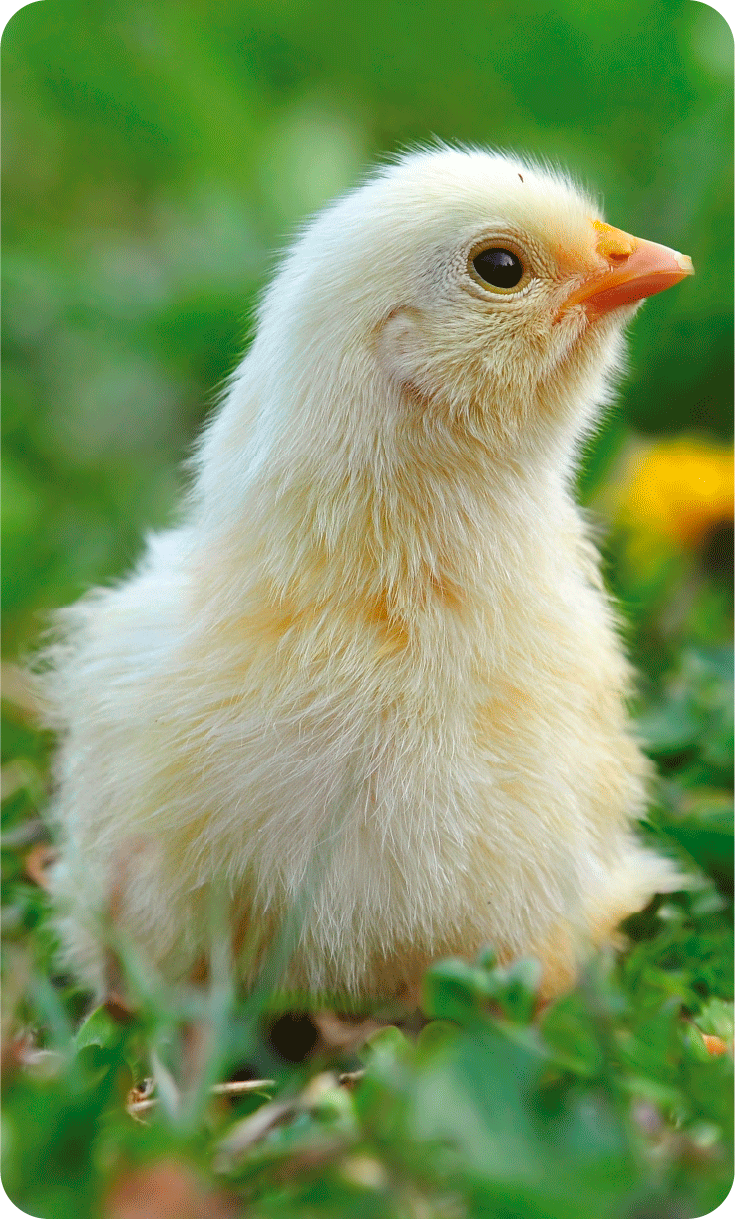Nguồn: Có sẵn theo yêu cầu
10 Aug 2024
Gà mái hạnh phúc: đàn gà khỏe mạnh hơn cho trứng ngon hơn
Dự án “Gallina Feliz” (Happy Hen) đang thay đổi cách chúng ta nghĩ về chăn nuôi sản xuất gia cầm và trứng.
Dự án “Gallina Feliz” (Happy Hen) đang thay đổi cách chúng ta nghĩ về chăn nuôi sản xuất gia cầm và trứng. Dự án sáng tạo này chủ yếu hoạt động ở các vùng nông thôn của Bogotá, Colombia, nhằm cải thiện phúc lợi của đàn gà mái, sản xuất gà khỏe mạnh hơn và cho trứng chất lượng cao hơn. Bằng cách tập trung vào các hành vi và nhu cầu tự nhiên của gà mái, dự án không chỉ cải thiện cuộc sống vật nuôi mà còn mang lại lợi ích đáng kể cho cộng đồng địa phương và người tiêu dùng.
Khái niệm về gà mái hạnh phúc
Ý tưởng cốt lõi đằng sau Gallina Feliz vốn rất đơn giản nhưng sâu sắc: gà mái hạnh phúc hơn sẽ sản xuất những quả trứng chất lượng hơn. Chăn nuôi gia cầm truyền thống thường nuôi đàn gà mái trong không gian có hạn chế, điều này có thể dẫn đến stress và các vấn đề về sức khỏe đối với vật nuôi. Còn với Gallina Feliz, dự án thúc đẩy chăn nuôi thả vườn và gà mái có thể tự do đi lại, kiếm thức ăn và thực hiện các hành vi tự nhiên của chúng. Cách tiếp cận này phù hợp với các nguyên tắc về phúc lợi động vật, bảo đảm rằng đàn gà mái khỏe mạnh hơn và sống thoải mái hơn.
Lợi ích cho đàn gà mái
Một trong những lợi ích chính của dự án Gallina Feliz là cải thiện đáng kể sức khỏe và phúc lợi của đàn gà mái. Gà mái thả vườn có chế độ ăn đa dạng hơn, bao gồm côn trùng, thực vật và ngũ cốc, góp phần vào sức khỏe tổng thể của chúng. Chúng cũng có nhiều không gian hơn để di chuyển, giảm nguy cơ mắc các bệnh thường gặp ở những đàn được nuôi trong mật độ quá đông đúc. Ngoài ra, gà mái không phải chịu stress do bị giam cầm, điều này có thể ảnh hưởng tiêu cực đến hệ miễn dịch và sức khỏe tổng thể của chúng.
Chất lượng trứng tốt hơn
Trứng sản xuất bởi gà mái hạnh phúc không chỉ giàu dinh dưỡng hơn mà còn ngon hơn. Các nghiên cứu đã chỉ rằng trứng từ gà mái thả vườn có giá trị dinh dưỡng cao hơn so với trứng từ gà mái nuôi nhốt. Trứng thả vườn chứa nhiều vitamin hơn, như vitamin A và E, và hàm lượng a-xít béo omega-3 cao hơn. Những dưỡng chất này rất cần thiết cho sức khỏe con người, góp phần cải thiện thị lực, tăng cường hệ miễn dịch và sức khỏe tim mạch. Hơn nữa, hương vị của những quả trứng này thường được mô tả là đậm đà hơn và ngon lành hơn, khiến chúng trở thành lựa chọn ưa thích của nhiều người tiêu dùng.
Ảnh hưởng đến môi trường và cộng đồng
Dự án Gallina Feliz có ảnh hưởng tích cực đến môi trường và cộng đồng địa phương. Bằng cổ động các hoạt động chăn nuôi bền vững, dự án giúp giảm lượng loại thải ra môi trường từ hoạt động chăn nuôi gia cầm. Chăn nuôi thả vườn tiêu tốn ít tài nguyên hơn và tạo ra ít chất thải hơn so với các mô hình chăn nuôi thông thường. Cách tiếp cận này cũng hỗ trợ sự đa dạng sinh học, vì gà mái giúp kiểm soát sâu bệnh và thải phân cho đất một cách tự nhiên.
Đối với cộng đồng địa phương, dự án mang lại lợi ích kinh tế bằng cách tạo ra cơ hội việc làm và hỗ trợ người chăn nuôi địa phương. Nhu cầu về trứng chất lượng cao, được sản xuất theo hướng nhân đạo đang tăng lên và những người chăn nuôi tham gia dự án Gallina Feliz thường có thể bán trứng của họ với giá cao. Thu nhập bổ sung này có thể được tái đầu tư vào cộng đồng, cải thiện mức sống và hỗ trợ các sáng kiến địa phương khác.
Thách thức và triển vọng tương lai
Mặc dù có nhiều lợi ích, dự án Gallina Feliz vẫn phải đối mặt với một số thách thức. Việc chuyển đổi từ chăn nuôi thông thường sang chăn nuôi thả vườn cần có sự đầu tư đáng kể vào cơ sở hạ tầng và đào tạo huấn luyện. Người chăn nuôi cần học các kỹ thuật mới và thích nghi với các phương pháp quản lý khác nhau. Ngoài ra, cần có sự hỗ trợ và giám sát liên tục để bảo đảm việc duy trì các tiêu chuẩn phúc lợi.
Nhưng trong tương lai, dự án Gallina Feliz vẫn đầy hứa hẹn. Khi nhận thức về phúc lợi động vật và các hoạt động chăn nuôi bền vững tiếp tục tăng lên, sẽ có nhiều người tiêu dùng tìm kiếm các sản phẩm sản xuất từ đàn gà mái hạnh phúc. Nhu cầu tăng cao này có thể thúc đẩy mở rộng dự án, mang lại lợi ích cho nhiều người chăn nuôi và đàn gà mái hơn. Hơn nữa, thành công của Gallina Feliz có thể là mô hình cho các dự án tương tự ở các khu vực khác, thúc đẩy sự chuyển dịch toàn cầu sang chăn nuôi gia cầm nhân đạo và bền vững hơn.
Kết luận
Dự án Gallina Feliz là một ví dụ điển hình trong việc cải thiện phúc lợi động vật có thể mang đến kết quả tốt hơn cho cả động vật và con người. Bằng cách tập trung vào nhu cầu và hành vi tự nhiên của đàn gà mái, dự án không chỉ nâng cao sức khỏe và phúc lợi của vật nuôi mà còn giúp sản xuất ra những quả trứng chất lượng cao hơn, giàu dinh dưỡng hơn và ngon hơn. Với ảnh hưởng tích cực đến môi trường và cộng đồng địa phương, Gallina Feliz đại biểu cho một giải pháp mang lại lợi ích cho các bên tham gia và làm cảm hứng cho những nỗ lực tương tự trên thế giới.

